Description
Neelithulasyadi Kashayam is a time-tested formula mentioned in the context of ‘Visha Chikitsa’ in Ayurveda. It is widely used in the management of insects bites and stings, chronic allergies and skin diseases. ‘Kashaya’ or herbal decoctions harness the healing properties of herbs and roots in a mild and easily absorbable water base.
Features and benefits of Neelithulasyadi Kashayam –
- Neelithulasyadi Kashayam is a combination of Neeli (Indigofera tintoria), Tulsi (Ocimum sanctum), Nirgundi (Vitex negundo), Lasuna (Allium cepa), Aswagandha (Withania somnifera), Chandana (Santalum alba), Yashtimadhu (Glycirrhiza glabra), Kushta (Saussurea lappa), Iswaramooli ( Aristolochia indica), Pippali (Piper longum), Maricha (Piper nigrum) and Shunti (Zingiber officinale), extracted in an aqueous base.
- It is an exquisite combination of ‘Visha-hara’ drugs, known for their capacity to neutralize poisons and toxins.
- Neelithulasyadi Kashayam is an excellent remedy for insect stings and bites, especially spider poison. It prevents the poison from setting in deep and giving way to long-term complications.
- It is beneficial in the management of chronic skin lesions and allergies.
Adult: 15-20 ml of Neelithulasyadi Kashayam mixed with 45-60 ml of boiled and cooled water, twice daily on empty stomach.
Child: 10-15 ml of Neelithulasyadi Kashayam mixed with 30-45 ml of boiled and cooled water, twice daily on empty stomach.
Key ingredients:
THULASI (Osimum sanctum)
Indian mythology attaches a great significance to Basil by recognizing it as a holy herb. Perhaps, such significance comes from the actual health applications of the herb. Its use is recommended as first aid in the treatment of respiratory, digestive, and skin diseases. Apart from these common ailments, Ayurveda also recognizes its use for diseases ranging up to tumorous growths. Experimental studies identify it to be a highly promising immunomodulator, cytoprotective and anticancer agent.
NILI (Indigofera tinctoria)
It is known in Ayurveda for its medicinal values and anti poisonous effect. Many scientific studies have been conducted on Neeli to prove its pharmacology activities. It has been widely used in almost all developing countries for its excellent medicinal value.
NIRGUNDI (Vitex negundo)
It is very much useful in treating menstrual cramps also helps to relieve anxiety. Can be used to alleviate joint pain and also can be used to treat fever.
LASHUNA (Allium sativum)
It helps to alleviate blood cholesterol levels and also increases blood circulation. Garlic stimulates heart function. It is useful in cough and is good for eyes.
ASWAGANDHA (Withanya somnifera)
Ashwagandha is commonly used for stress. It is also used as an “adaptogen” for many other conditions, but there is no good scientific evidence to support these other uses. Ashwagandha contains chemicals that might help calm the brain, reduce swelling (inflammation), lower blood pressure, and alter the immune system. The root contains steroidal compounds which include the lactones Withaferin A and carbon-27-glycowithanolide, known collectively as the Withanolides. The Withanolides are responsible for the varied medicinal applications of the herb. Winter Cherry also contains a fair amount of alkaloids including tropine, pseudotropine, isopelletrine, anaferine, and saponins, which impart medicinal properties to the herb.
CHANDANA (Santalum album)
The addition of sandalwood or Chandan nourishes the skin by reducing pimples, acne marks, blemishes, suntan, dullness, and excess oil from the skin. This potent herb pacifies Pitta doshas, cleanses the skin, reduces inflammation, and effectively treats conditions like diarrhea and piles.
YASHTIMADHU (Indian liquorice)
These roots obtained from the Glycyrrhiza glabra tree help in pacifying the Pitta doshas like piles, anemia, and control the Vata doshas like urinary incontinence, urinary retention, improve wound healing, and reduce inflammation. Licorice has an impressive list of well-documented uses. It is used to treat a wide array of illnesses including lowering cholesterol levels, healing respiratory tract disorders and boosting immunity levels. Recent studies have found that by limiting the damage from low-density lipoprotein (‘bad’) cholesterol, Licorice may discourage artery-clogging plaque formation and contribute to the healthy functioning of the heart.
KUSHTA( Saussurea lappa)
Kushta is a well-used drug in Ayurveda that has good anti-inflammatory and antibacterial properties. It also helps in preventing infections.
PIPPALI (Piper longum)
Pippali is known as ‘Tridoshic’ herb as it suits all body types. Thus regular consumption of pippali in the suggested quantity can help you to immune your body to quite an extent. Pippali has Anti-microbial, Anti-inflammatory activity. Consumption of pippali is said to exhibit anti-spasmodic action and hypoglycaemic effect which is believed to lower blood sugar levels. It is also reported to be the antagonist in respiratory depression. Also due to its cooling post-digestive effect consumption of pippali is considered a safe and effective option to avoid all sorts of digestive disorders.
MARICHA (Piper nigrum)
Black pepper is native to the Western Ghats of India. It is cultivated for its fruit, which is widely used as a spice and in traditional Indian medicine preparation. Black pepper is an appetizer and carminative commonly used in the treatment of digestive system-related complaints like dyspepsia, indigestion, flatulence, nausea, diarrhea and colic pain. In the respiratory system, it acts like an Expectorant used in Cough, cold and chest congestion. Externally used as an analgesic and in Vitiligo it stimulates the production of pigments.
SHUNTI (Zingiber officinalae)
Due to its strong flavor, Ginger is an essential ingredient in many Asian cuisines. Its therapeutic benefits have been recorded in Ayurvedic and Traditional Chinese Medicine. Ginger is a potent anti-nauseatic and is beneficial in treating upset stomach. Gingerol and shogaol, active components of Ginger, suppress gastric contractions. Both the fresh and dried rhizomes of Ginger suppress gastric secretion and reduce vomiting. The compounds 6-gingerol and 6-shogaol have a number of pharmacological properties, including antipyretic, analgesic, antitussive, and hypotensive properties.


 Sign In
Sign In Cart
Cart 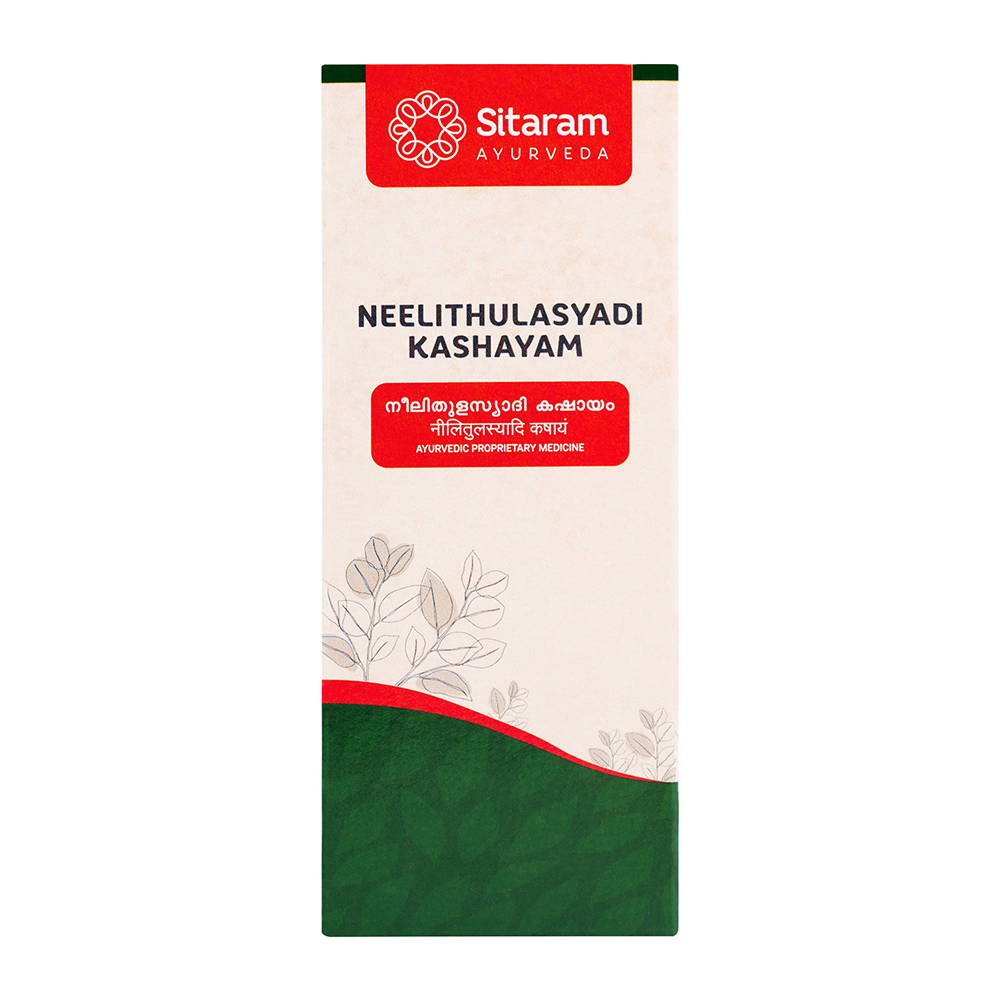
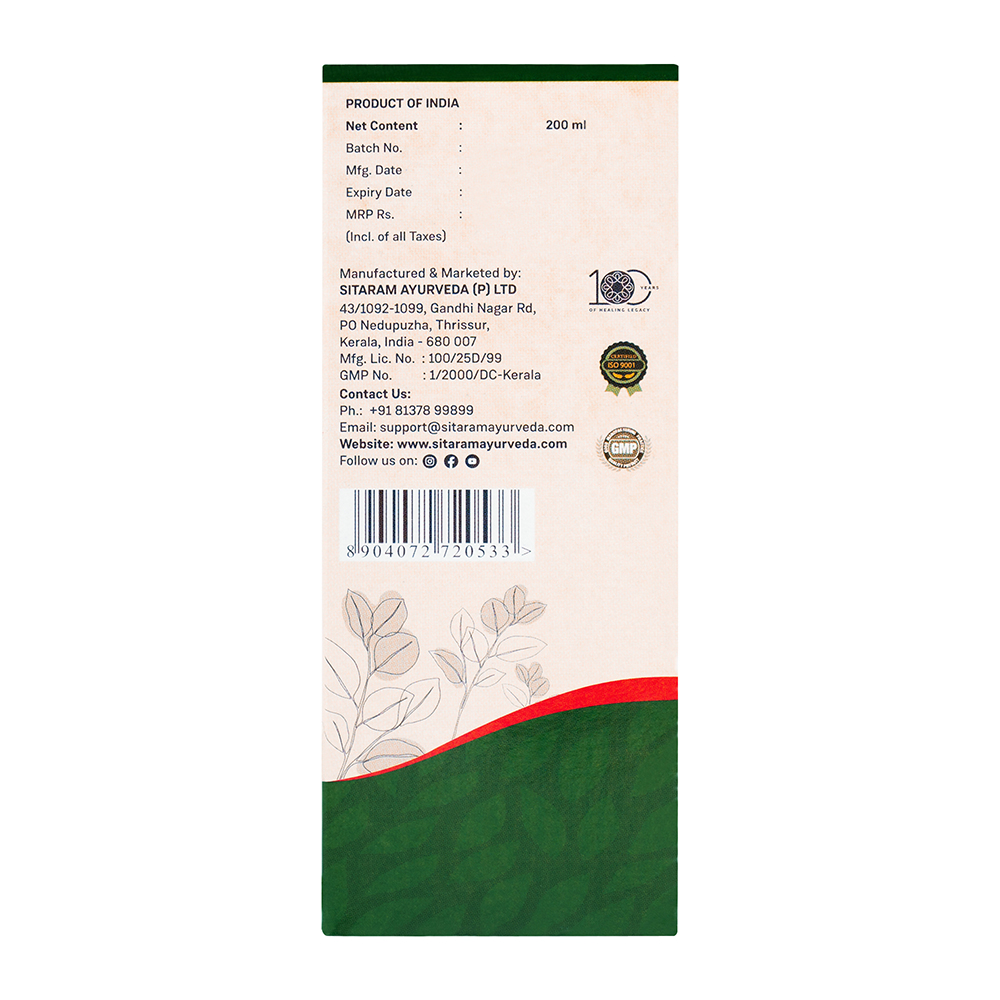
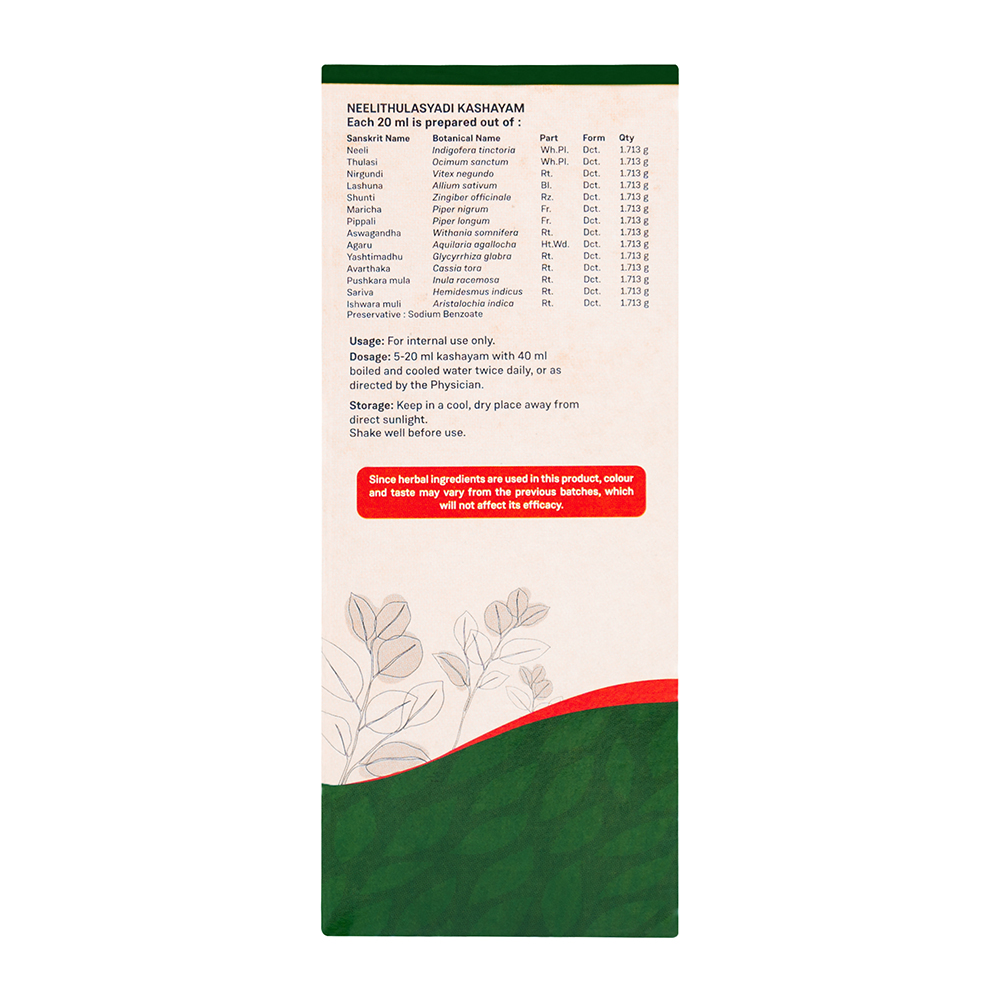
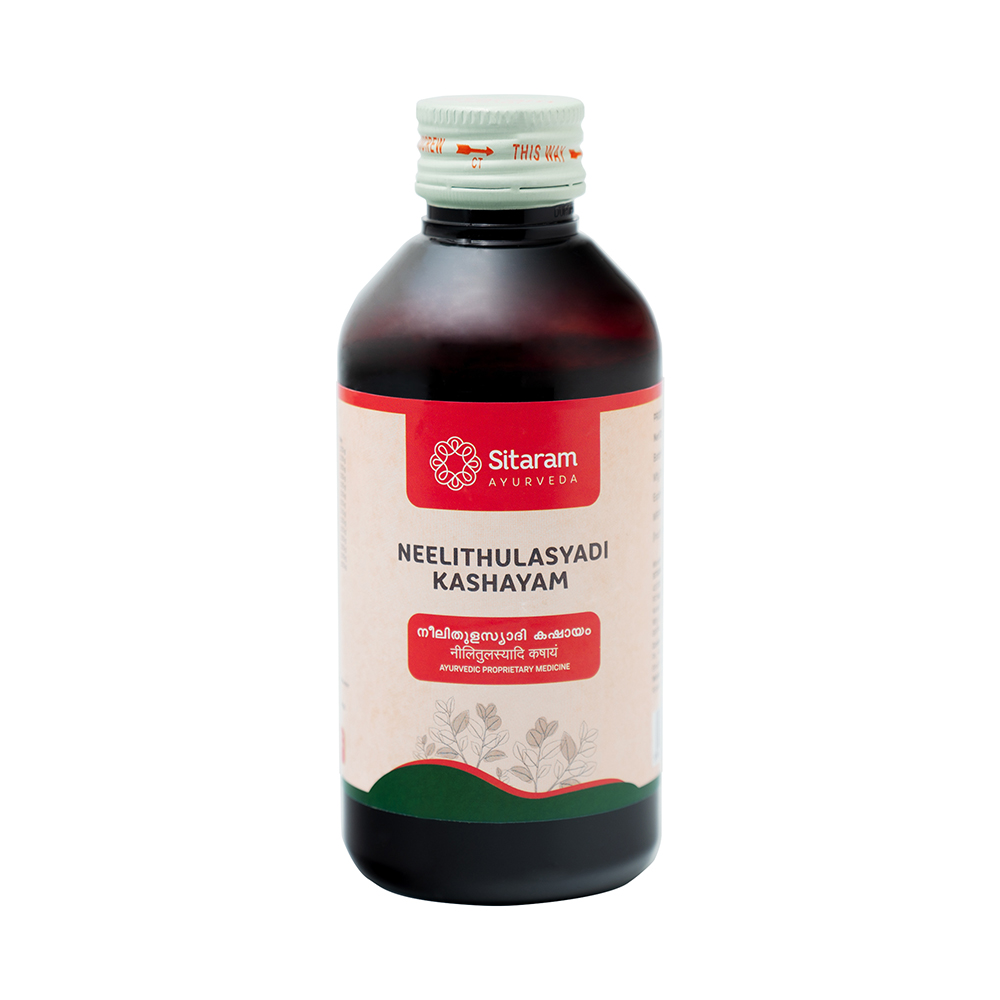
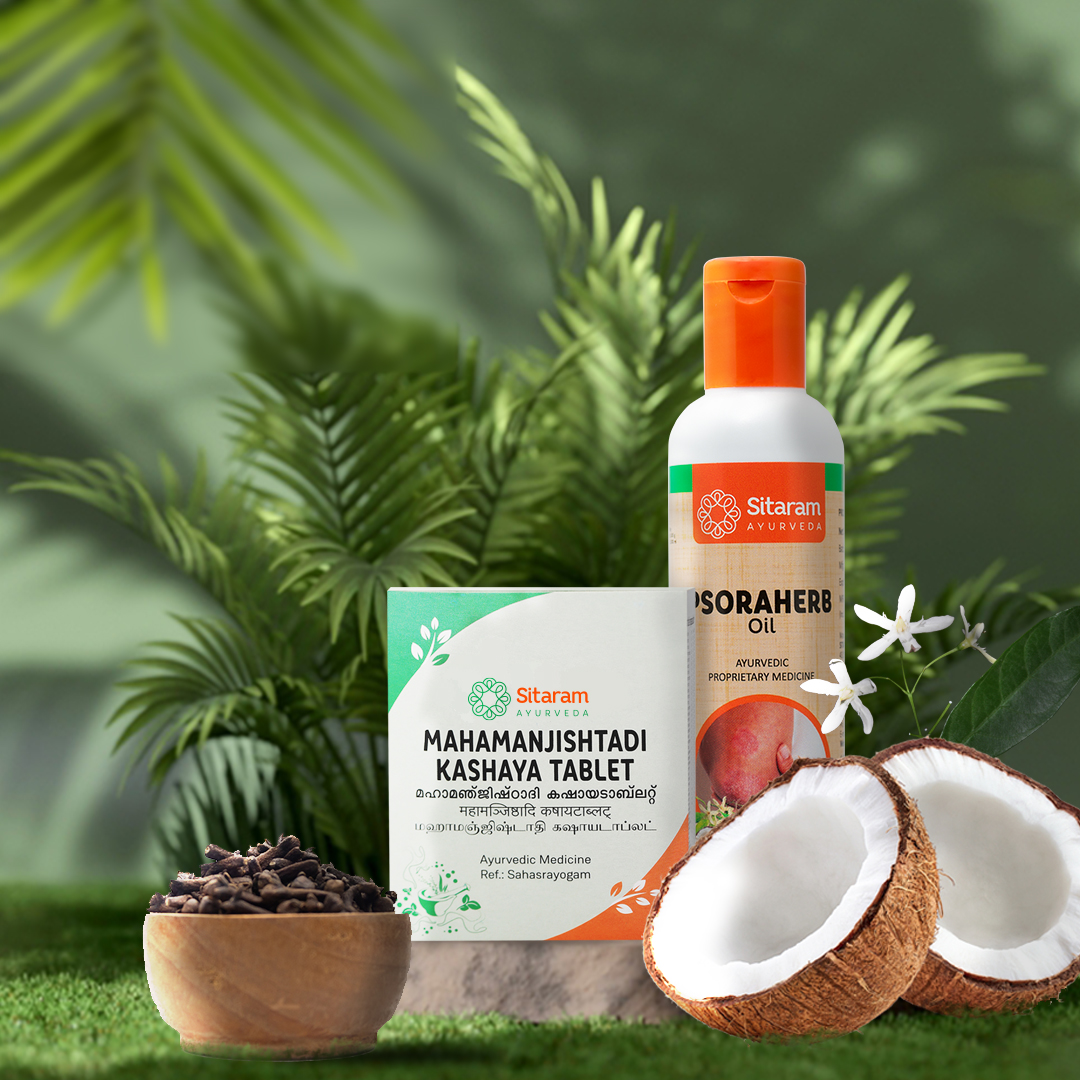
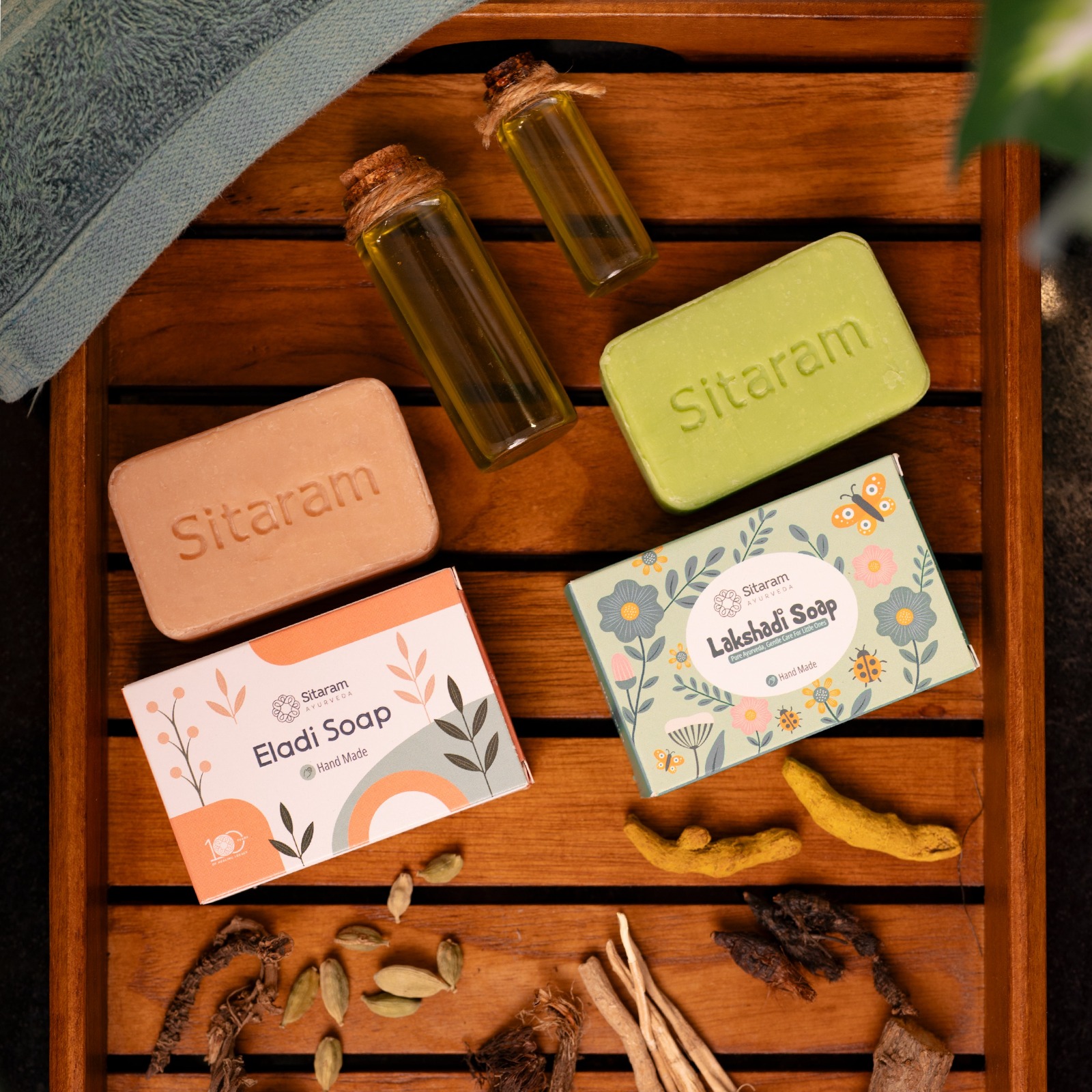
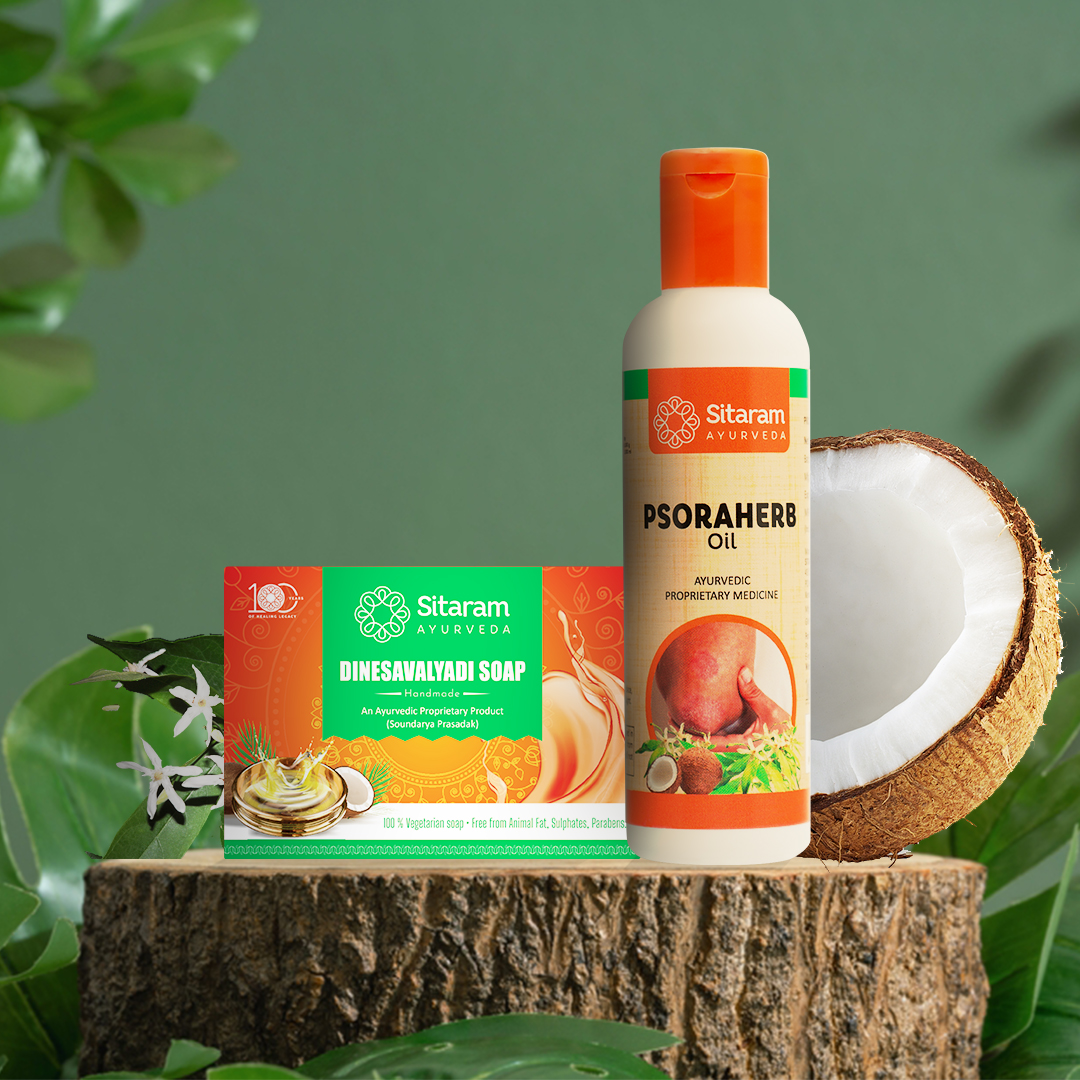
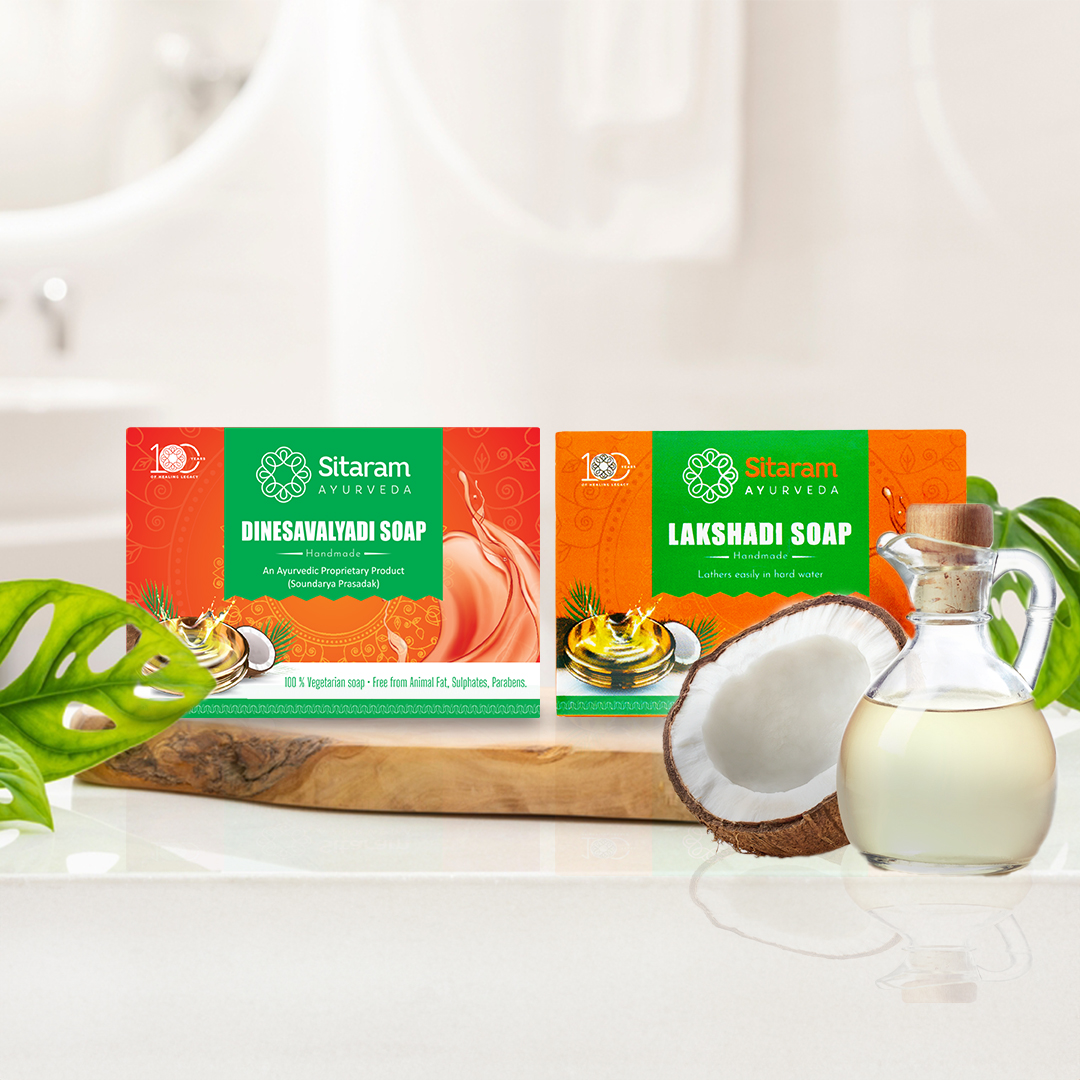
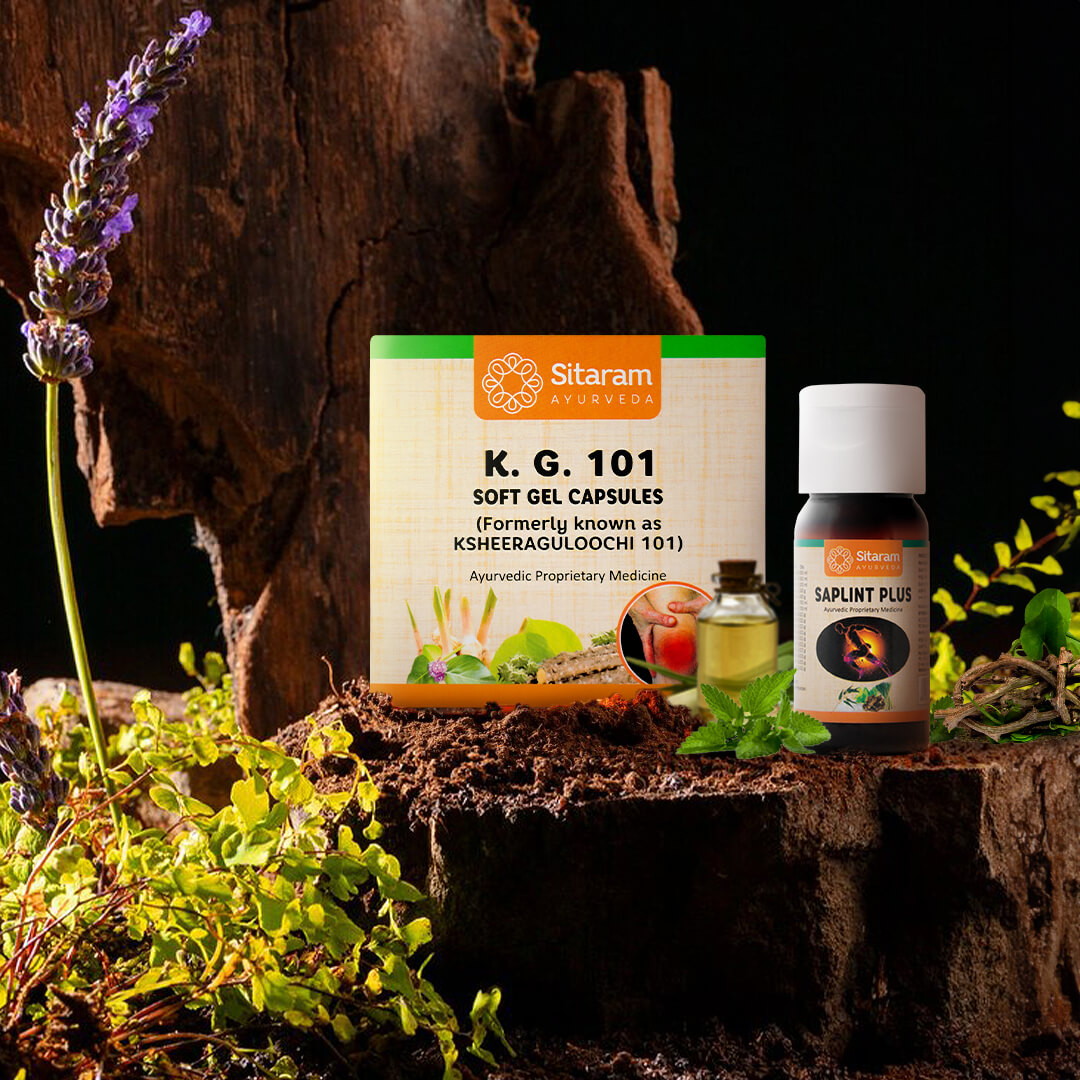
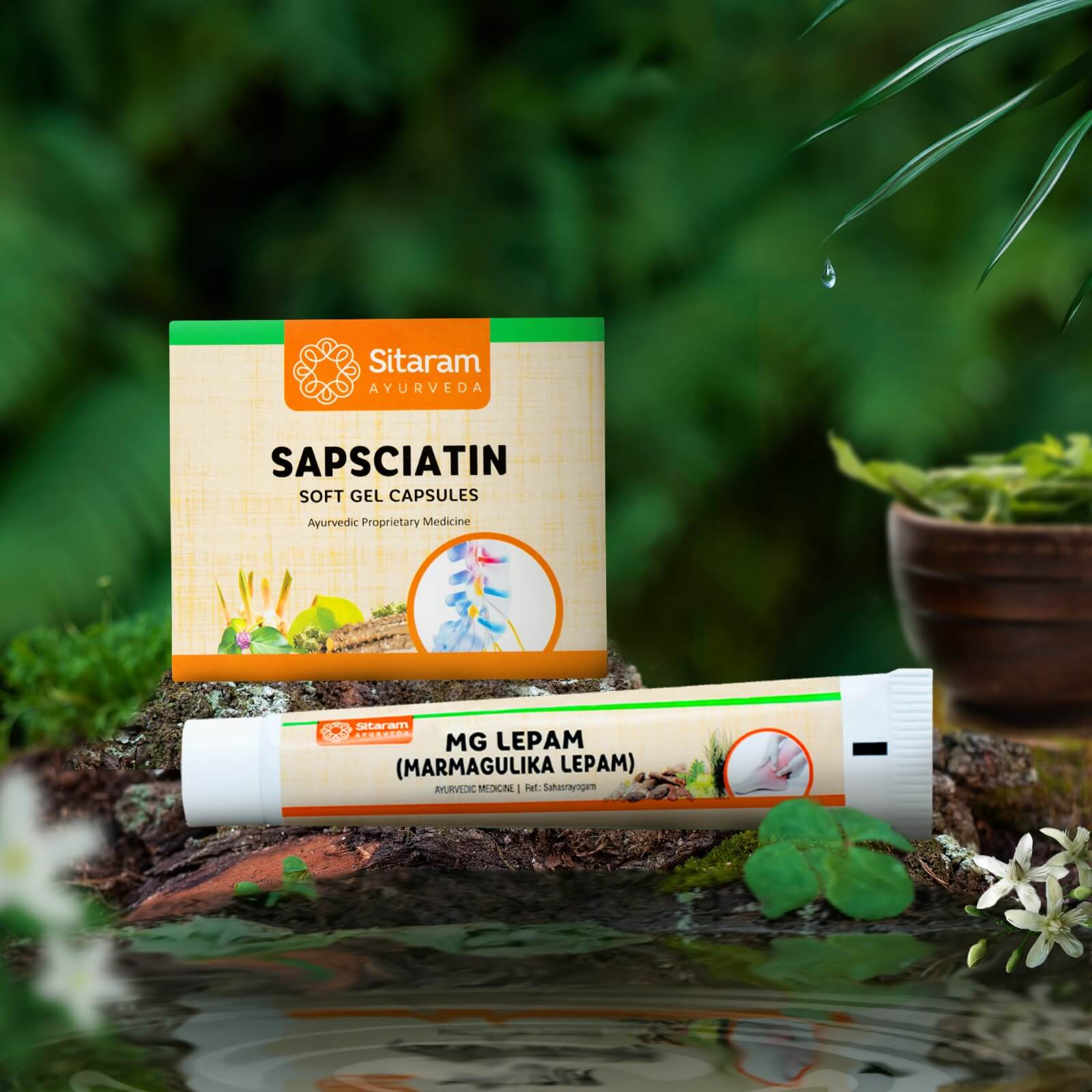
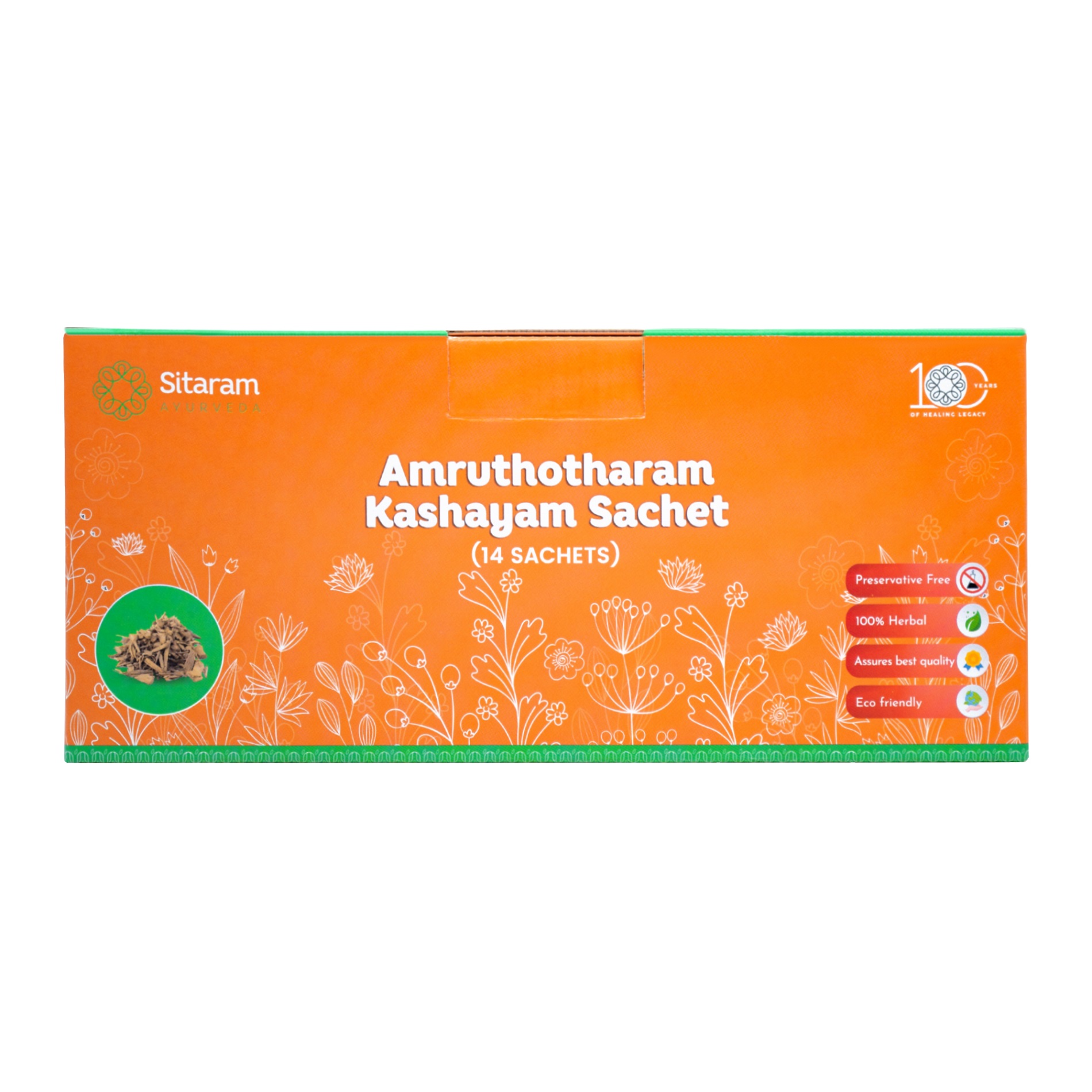
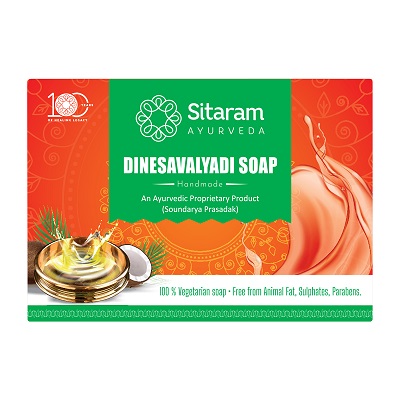
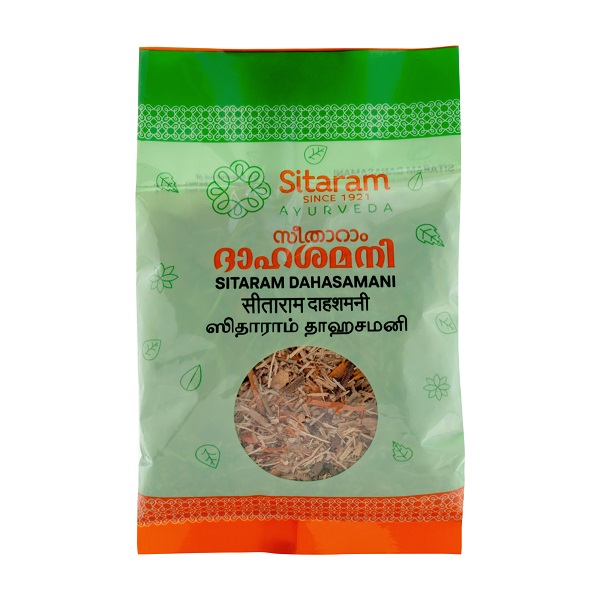
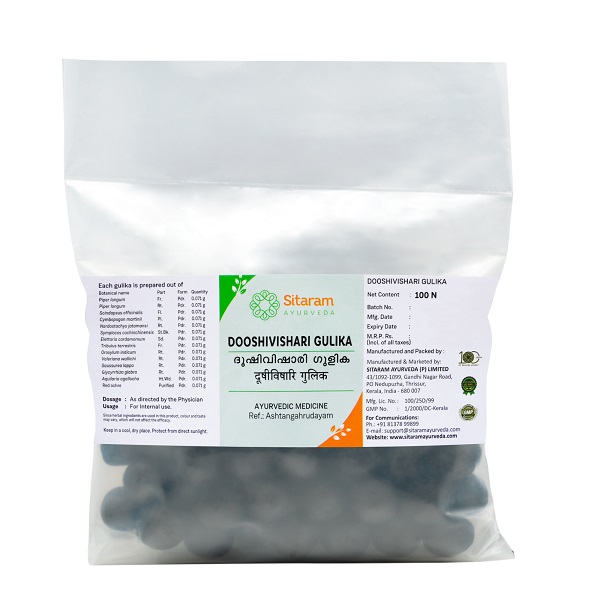
Vasant Naik (verified owner) –
Bharti Sharma (verified owner) –
Bharti Sharma (verified owner) –